When one holds their baby for the first time, it never occurs to them that they might have a science mastermind at their bosom.
Scratch that- the wild tufts of their post-nap hair made your little angel look like Albert Einstein for a second. Children no sooner come to the world than their innate love for science becomes apparent.
As young as they seem, they tend to experiment with gravity by pushing items over the brink of their highchairs, and your child turned into a researcher as he emptied the pantry to ascertain the contents therein. He/she became an ornithologist as they imitated the chirping birds.
At the preschool age, they morph into seasoned science aficionados. You should encourage fun and exploration and help your child reach new heights while finding fun ways to supercharge their science competencies and help them grow their science process skills.
Here are the ten ways to supercharge your child’s science skills:
Table of Contents
1. Allow Them to Theorize
A child’s imagination has no bounds, and that is precisely what makes them good scientists. Let your little ones strengthen their innovativeness and stretch their reasoning muscles as they make up theories on why things occur and the way they operate -no matter how bizarre they may sound at that moment.
By doing so, they are learning a good science lesson about perseverance and ingenuity. They are also learning more about data analysis. Let’s not forget that Thomas Edison made 1000 attempts before discovering the light bulb that is now used universally by all.
A great way of encouraging kids to enjoy STEM is through a fun STEM box. We have a while research article about the best STEM boxes available in our article, 13 Awesome (& Educational) STEM Subscription Boxes for Kids.
2. Encourage Sensory Play
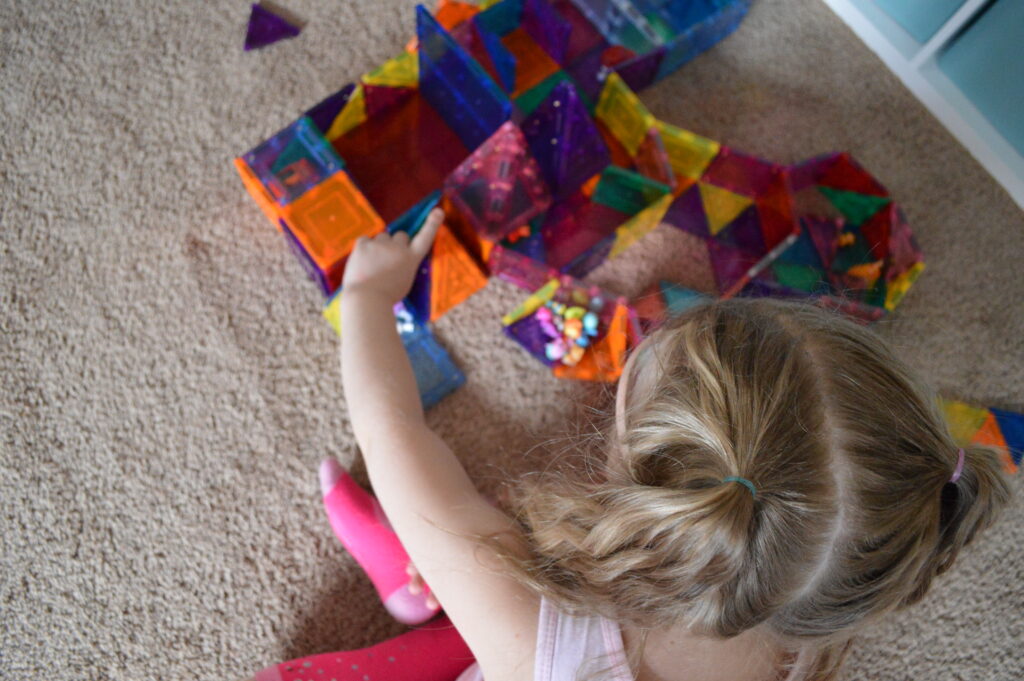
Daily, there are opportunities to learn about different smells, textures, and weights. This kind of hands-on inquiry and visualization reinforces the scientific process and allows children to practice with classification.
Let them inspect the produce you purchase, sort beans, and when you are feeling adventurous, hand them the whisk and let them mix cake batter.
3. Accept Their Mess
Parents are the sixth sense for their children. They notice germs nobody else does. Whenever they react with “Stop, that’s dirty,” their judgments weigh heavily on children and often discourage the would-be scientific inquiry into different chaotic and messy scientific processes.
Let your children make a mess once in a while and bring that antibacterial gel around for later.
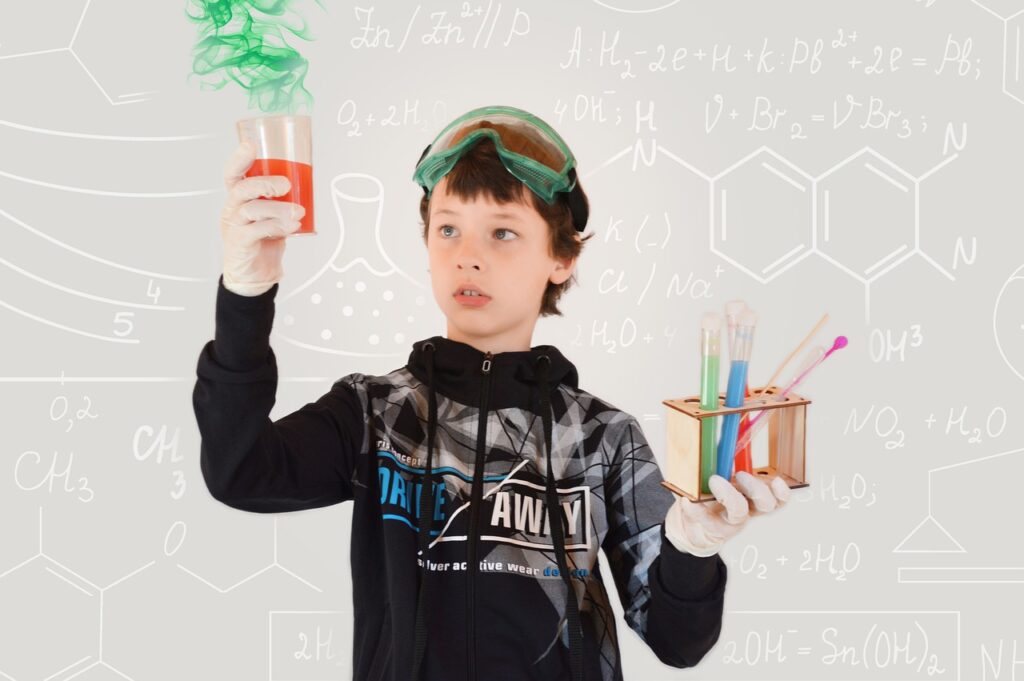
4. Sit It Out
Parents should not fall into the trap that they often narrate, “I have to be with my child to explain to them clearly what’s happening or else they won’t comprehend anything!
“The truth is that we are experts on a range of things, but it is fine to let our children figure out certain things on their own. Critical thinking is essential for their development.
Just sit back and hold your tongue; it goes a long way. Rest assured that Newton’s mother was never by his side enquiring, “Dear, What does the apple falling on your head denote? “It rhymes with shravity, honey!”
5. Let the Child Tinker
There is a tinkering tendency that most children have, and they are more often willing to tinker with anything lying within their reach. You may have lost several headphone sets because of this.
Our tiny inventors need to find things they can dismantle and put back together again in their learning environment.
All you need to do is step back, be accommodative, supportive, and eclipse your disbelief or disapproval as your baby chooses to use their playdough to make a confusing innovation.
6. Let Them Pour and Transfer
If there is an easy way to assist your child in learning about gravity and volume, it will allow them to pour and transfer contents from one container to another. They can spoon cereal from a bowl to the next or, better still, pour water from tiny containers into larger ones.
Even as your giggling child fascinates you with their hysterical water spilling and research, ensure you contextualize the usefulness of this skill in their everyday life.
It can help them develop math skills, critical thinking skills, and teaches more about different science processes.
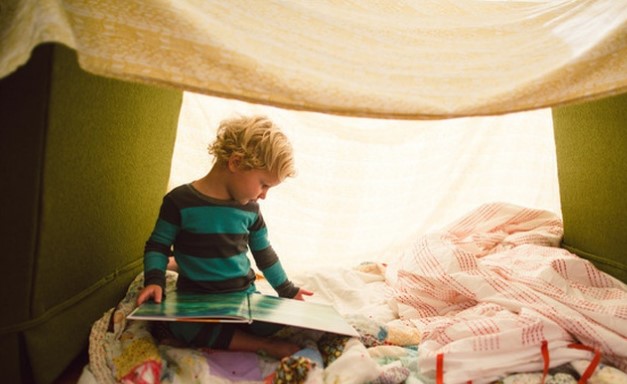
7. Be Receptive to Forts
Occasionally, you will feel a rush wind blowing through the corridor and hear the patter of little steps as your child stealthily and cunningly sneaks your bed sheets from your bedroom to your living room.
Do not be anxious about this since your home is about to undergo a free makeover courtesy of your resident interior design enthusiast.
Whenever your little learner builds a fort, know that they are hypothesizing about which materials work and what forces are at play when considering creating a lasting and robust construction.
Again, critical thinking comes into play as they learn more technical skills. Do not just be there viewing; join in on the fun that is underway!
Make sure to check out our article about, The Best Lego Technic Sets and Toys for STEM Learning Fun.
8. Transfer Whys to Their Side
If you had a cent for every why you heard from people today, you’d be a metallic mess. Instead of telling your child the truth (that you have no idea of), turn the questioning back to them.
Please encourage them to be researchers by asking them why they think the sky is blue; this will up their researching skills with the added ability to hypothesize or come up with their educated guesses.

9. Promote Them in The Kitchen
For adults, being in the kitchen is something that you are behooved to do, but for your child who finds pleasure in clanking pots, the pleasant smells, and the compelling views make for a rousing science display.
While in the kitchen, your child learns about chemical reactions as the aromas waft the air and solids transition from one form to the other. Do give your child a front seat to this show by giving him a role as well.
Things like cracking an egg and tossing a bouillon cube while watching what happens will help him learn more about cause and effect.
10. Let Them Fall
Children come into this world with investigative tools built-in. For instance, their bodies. Those little legs you see are important in measuring distance as they hop, skip and jump to their targets.
The hands are used to high five and also serve as supporting beams as they attempt to cartwheel and somersault.
“Let them fall” does not necessarily mean that you leave your vulnerable child to plunge into a disaster. It means that you should allow them to explore with their bodies without engaging in drama; this will ensure that their self-confidence will surge, and it will be fun for them to make those neat discoveries.
Final Words
As a parent in this contemporary world, you ought to know that you are preparing your child for a world significantly different from the one you grew up in. Our society is increasingly becoming more and more technological. It requires much more equipped citizens in science and technology.
Even children who do not see themselves becoming chemists, engineers, physicists, or computer technicians will require some basic science and technology knowledge to go about their daily lives.
If you want to encourage your child to be prepared for the future, take a look at our article, What Is Computer Science For Kids? How to Get Kids Started Coding.
Everyone has to be scientifically literate to make informed choices about safety, education, and health. Our children need our assistance and guidance to plan and prepare for the world that awaits them.

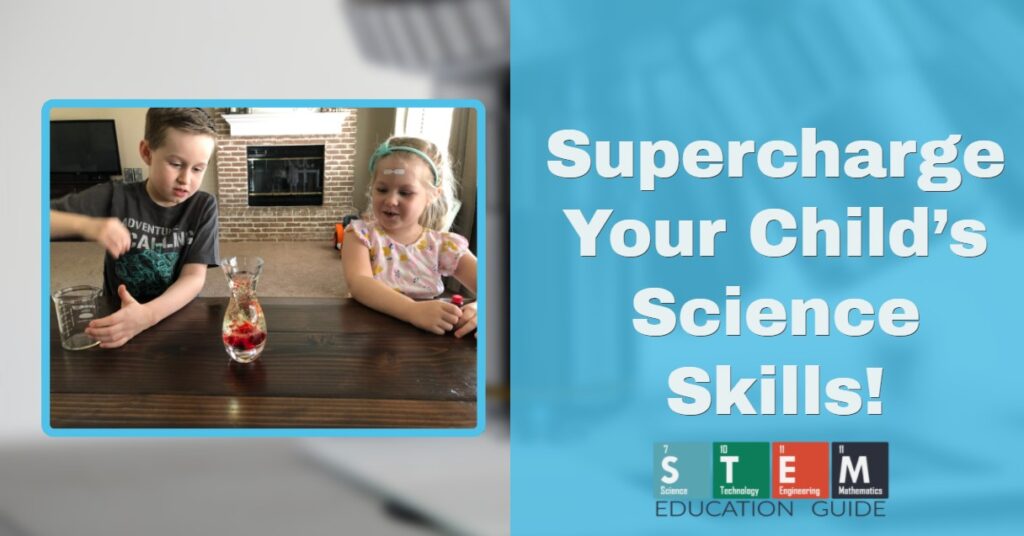


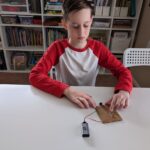
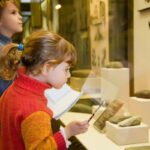
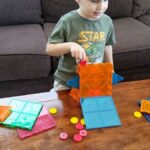


Love it Thank you!